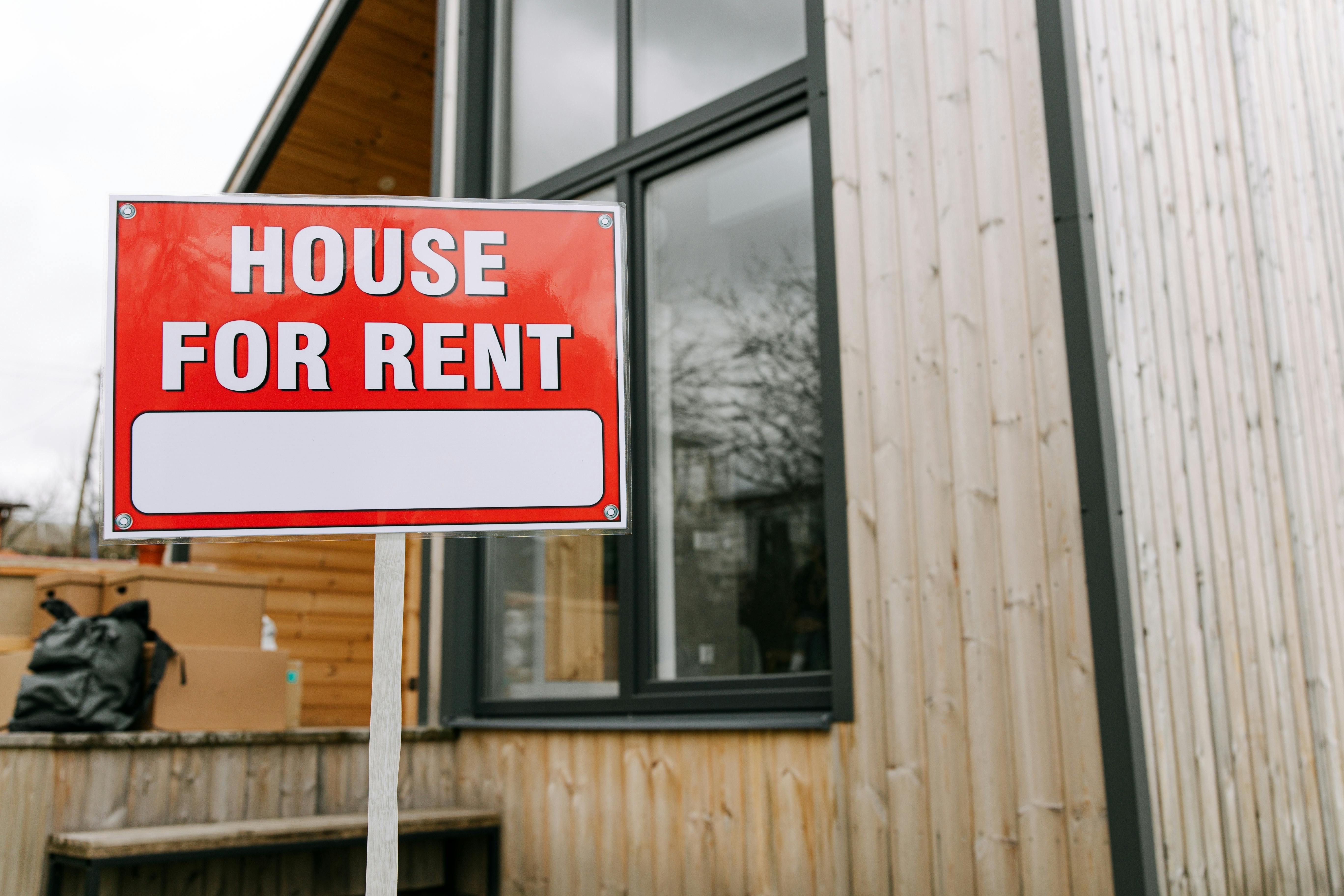Landlord Blog
Education and news for smart DIY landlords!
Are Short-Term Rentals Profitable?

In recent years, short-term rentals—popularized by platforms like Airbnb, Vrbo, and Booking.com—have become a significant part of the real estate investment landscape. With promises of high returns, flexible usage, and the appeal of the "sharing economy," many investors and homeowners are drawn to the idea. But are short-term rentals truly profitable? The answer depends on several factors including location, management strategy, and market trends.
Higher Revenue Potential
Compared to traditional long-term rentals, short-term rentals generally offer higher income potential. Hosts can charge premium nightly rates, especially in high-demand areas or during peak seasons. For example, a vacation rental near a beach or tourist hotspot may generate more income in a single week than a long-term rental would in a month. This flexibility in pricing allows property owners to maximize returns by adjusting rates based on demand, events, and seasonal fluctuations.
Read more: Top Strategies for Improving Your Rental Yield as a Landlord
Flexibility and Personal Use
One of the unique advantages of short-term rentals is the ability to use the property personally. Investors can block off dates for their own vacations while still generating income the rest of the year. This dual-purpose use can be both financially and personally rewarding. Additionally, the ability to easily remove or add the property to the market makes it more adaptable to changing circumstances or market conditions.
Costs and Challenges

However, short-term rentals come with higher operational costs. These include frequent cleaning, property maintenance, utilities, furnishing, supplies, and platform fees. Hosts may also need to invest in professional photography, marketing, and guest services to stand out in competitive markets. Moreover, short-term rental income can be inconsistent, affected by seasonality, economic downturns, or global events like the COVID-19 pandemic.
Another important consideration is time. Managing a short-term rental can be labor-intensive, requiring constant communication with guests, scheduling cleanings, and addressing issues promptly. Many owners opt to hire property management companies, which charge fees ranging from 10% to 30% of rental income—further cutting into profits.
Regulatory Environment
Profitability is also influenced by local laws and regulations. Some cities have implemented strict rules to limit or regulate short-term rentals due to concerns over housing shortages, noise complaints, and neighborhood disruption. Permits, taxes, and zoning requirements can significantly impact both the legality and financial viability of operating a short-term rental.
Market Research is Key

To assess profitability, thorough market research is essential. Key metrics include occupancy rates, average daily rates (ADR), and revenue per available rental (RevPAR). Tools like AirDNA, Mashvisor, and PriceLabs provide valuable data for evaluating potential returns. Understanding the local tourism trends, competition, and customer expectations can help investors make informed decisions.
Read more: How to Conduct Real Estate Market Research
Conclusion
Short-term rentals can indeed be profitable, but they are not a guaranteed source of passive income. Success depends on smart property selection, efficient management, compliance with regulations, and the ability to adapt to changing market dynamics. For hands-on investors willing to put in the work—or pay for expert management—the rewards can be substantial. However, for others, the risks and responsibilities may outweigh the potential gains.
